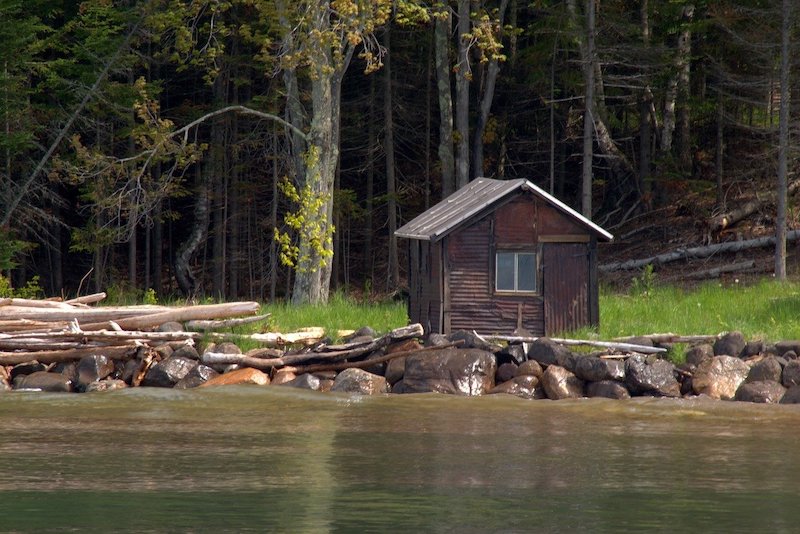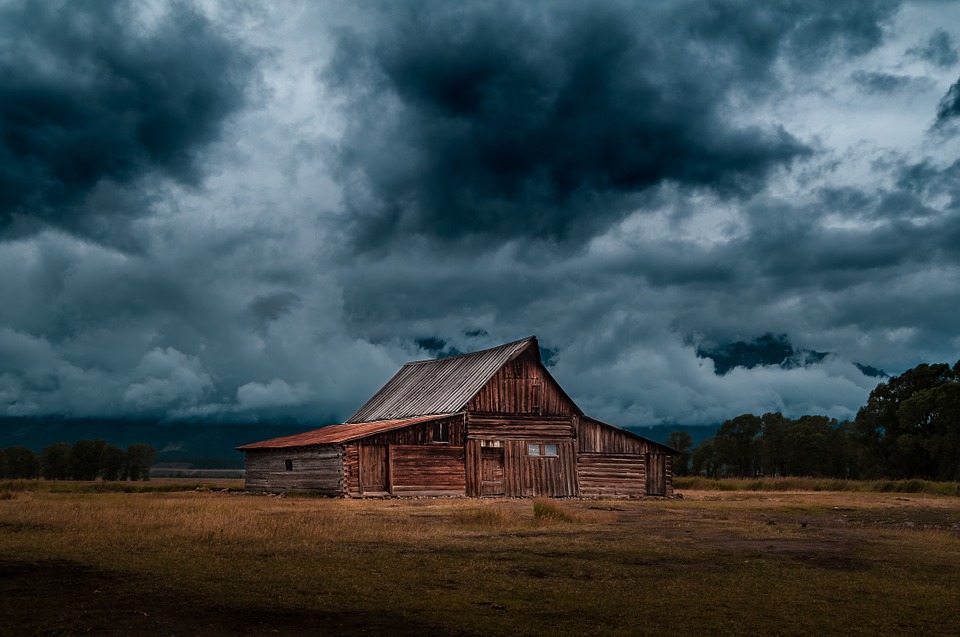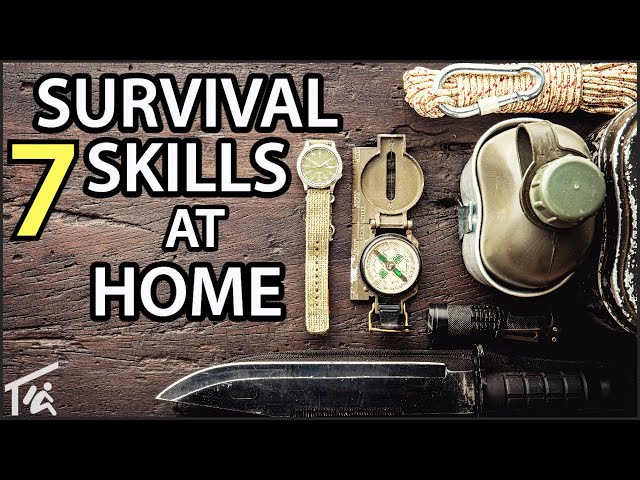
According to Nick Rosen’s back cover, Off the Grid is “essential reading” for anybody who has ever considered going off the grid. That isn’t correct.
Instead, it’s a mishmash of stories loosely linked around the notion of living life without utility. I doubt that anybody who went off the grid previously would have read, or gained anything from, this book. The significance of the period and the people who responded to today’s United States by moving off-grid is lost in this lightweight book.
This book is supposed to be a simple guide based on the author’s interviews with numerous off-gridders during his trips throughout the United States. In the same vein of self-improvement tomes, Rosen appears a pleasant enough guy, and the book seems like a compiled collection of paid vacation experiences, which it was undoubtedly. It bounces about a lot, as the interviewees are all over the place geographically, and they appear to appear out of nowhere. In the end, I was more interested in Rosen’s means and finance of all that travel than I was in why people live as they do.
The issue is that people who live off the grid, or are considering it, already have all of the resources and support structures they need; they’re simply a Google search away. The survivalists have survivalist websites, the homeschoolers and religious congregate on sites, pot-growers don’t Bogart their intelligence, enviros have Real Goods, and even the nomadic automobile dwellers have groups for help and support in these golden days of the information era. I’ll give a shout-out to “Hobo Stripper,” who converted a website created from her van while working as an itinerant sex worker into an off-grid Alaskan retreat she now owns and calls home.

Off-gridding is most strongly indebted to Stewart Brand, who lives aboard his tugboat and The Whole Earth Catalog, rather than any other single source. They are, however, not mentioned in Off the Grid. There was a book that needed the paper it was printed on, and it deserved that. The Catalog, which was first published in 1975, helped to start the off-grid, back-to-the-land movement 40 years ago. All of those infinitesimal sparks of knowledge – including the Internet – still flicker throughout the world, enlightening and guiding us.
Rosen does not contribute to the subject(s) the Catalog began. There are no references, citations, or an index.
He appears to have missed out on his research when it comes to the political side of off-grid living. Perhaps it’s owing to his British upbringing, but on this side of the Atlantic, it’s easy to comprehend how wise, well-read, and diligent individuals are at best extremely skeptical about their government. I’m not an expert on any of the many government deceptions, conspiracies, and cover-ups that have occurred throughout the last 60 years of my life. I don’t want or need to be one. However, I’ve seen enough to understand that our government is essentially malevolent in many key ways.
For example, it’s remarkable that Rosen “vaguely” remembered a conversation with Larry Silverstein, the owner of the World Trade Center and recipient of around $750 million in insurance compensation, about the reasoning behind the predetermined, controlled demolition of Building 7 on 9/11 (p.268). In the chapter “Fear,” Rosen brushes away Allan Weisbecker and his followers as paranoid kooks, dismissing them in a way that isn’t intended to be taken too seriously.
For Peak Oil, Rosen demonstrates a lack of knowledge that is both his subjects and the reading public. He makes a mistake of fact by incorrectly referring to Peak Oil as “the moment in time when the amount of oil consumed each year surpasses the amount of new oil found each year” (p.273). Many years of overconsumption have been overcome. The term “Peak Oil” refers to the moment when worldwide oil production reaches its highest possible level, which will likely never happen again. It’s a simple but crucial difference. According to the International Energy Agency, it happened in 2006, in accordance with other experts’ predictions.

It’s essential for this book since Peak Oil indicates the 150-year era of petro-industrial growth, which includes the grid, is coming to an end. Whether through unrepairable infrastructure deterioration, terrorism, copper- and aluminum “mining” vandalism, fuel shortages, financial machinations, or some combination of the above issues, the grid is almost certainly on its way out. In Chapter 30, Rosen completely ignores all of this. He belittles his subjects who are interested in politics and energy. It’s not simply that there’s poor scholarship here, but because there is no evidence of any critical thinking or reading comprehension.
There’s no assistance for individuals who already live off the grid and want to improve. There isn’t enough brain food to assist concerned readers in making educated selections about their place on or off the grid.
If you must read Off the Grid, borrow it from the library, as I did. Consider all of the above, then make a personal decision as to where you’ll invest your money.








